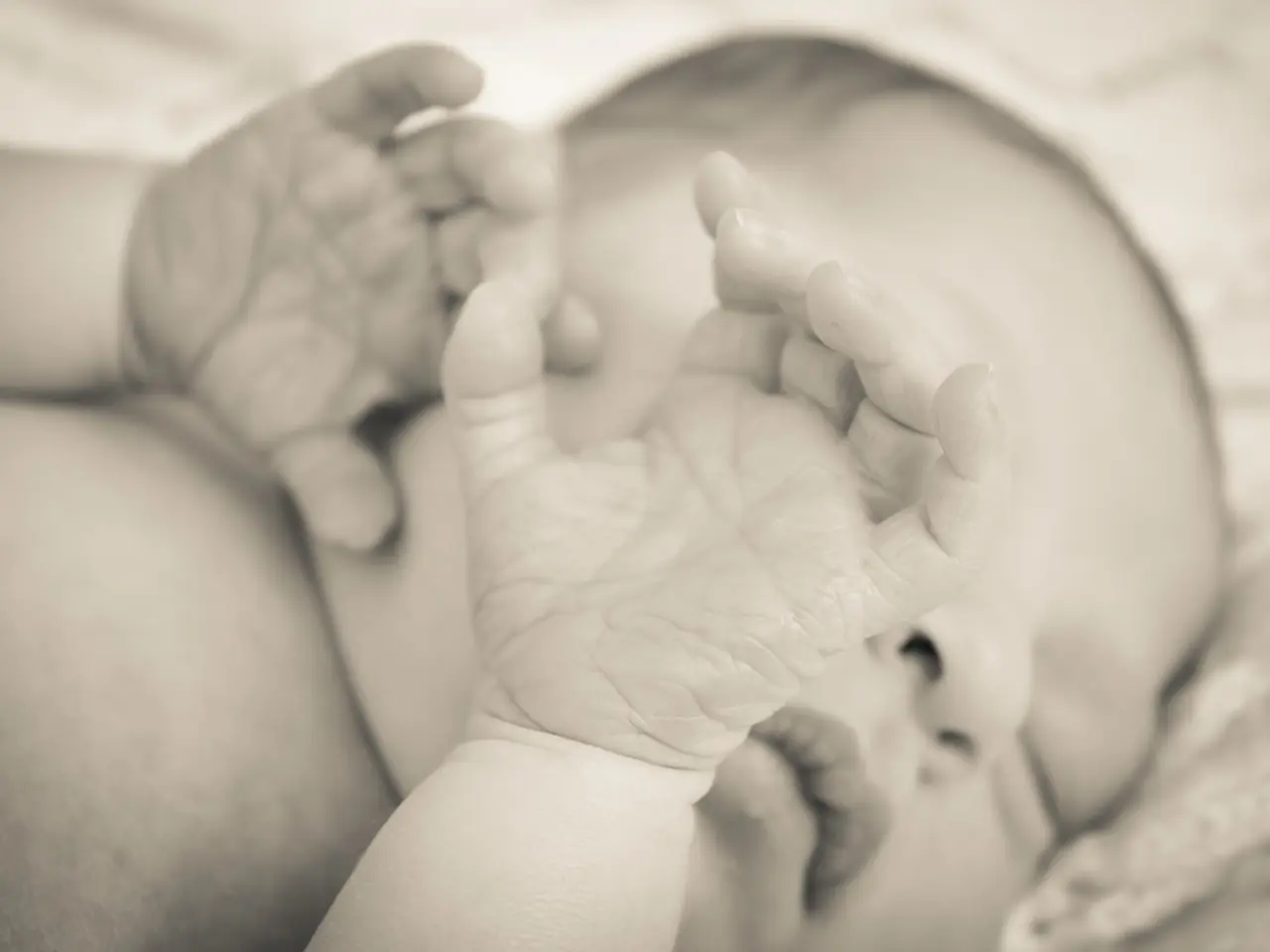Phototherapy: A Versatile, Non-Invasive Treatment for Skin Conditions and More
Phototherapy, a treatment involving exposure to safe, artificial LED light, is primarily used to manage skin conditions such as psoriasis and eczema. This non-invasive method is gaining recognition for its versatility in treating a wide range of health issues.
Phototherapy is administered by dermatologists in clinics, using devices like whole-body chambers or handheld wands. It involves regular, timed exposure to LED light, often combined with medication like psoralen (PUVA) for enhanced effects. This treatment is not limited to skin disorders; it's also used for conditions like vitiligo, lichen planus, and even neonatal jaundice. Moreover, it's being explored for treating mental health issues, rickets, and sleep disorders.
Sessions are typically short and frequent, with side effects ranging from temporary redness to long-term skin aging. The type of LED light used varies, with UVB and UVA penetrating different skin layers. Some forms of phototherapy can be done at home with LED lights, while full-body treatments require medical supervision.
Phototherapy's success varies depending on the condition, but it's highly effective for skin disorders like psoriasis and eczema. As research continues, its potential applications are expanding, offering hope for those seeking non-invasive treatment options for skin cancer and other conditions.







